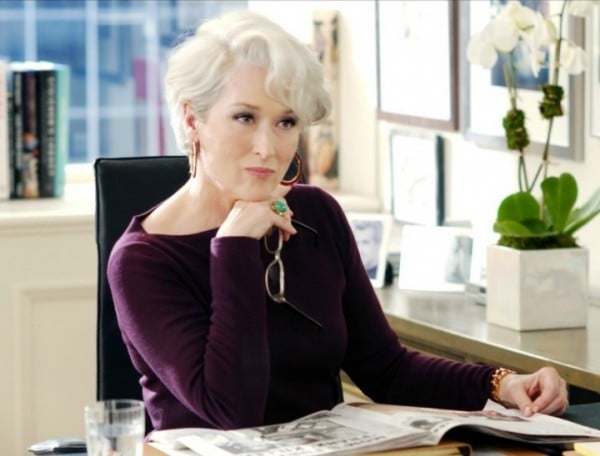
After years of doing the same old things day in, day out, we often form habits we’re not even aware of.
And the longer we’ve been in the same job,the more likely we are to over-look – and under appreciate – the true value of long-term experience at work.
I’ve been the hiring manager before, and I’ve heard it first-hand from many employers: organisations value hard earned experience over formal qualifications, and they’ll take it over youthful exuberance any day.
So why do so many women question their relevance in the workforce as they get older?
Could it be that women hold themselves back from speaking up?

